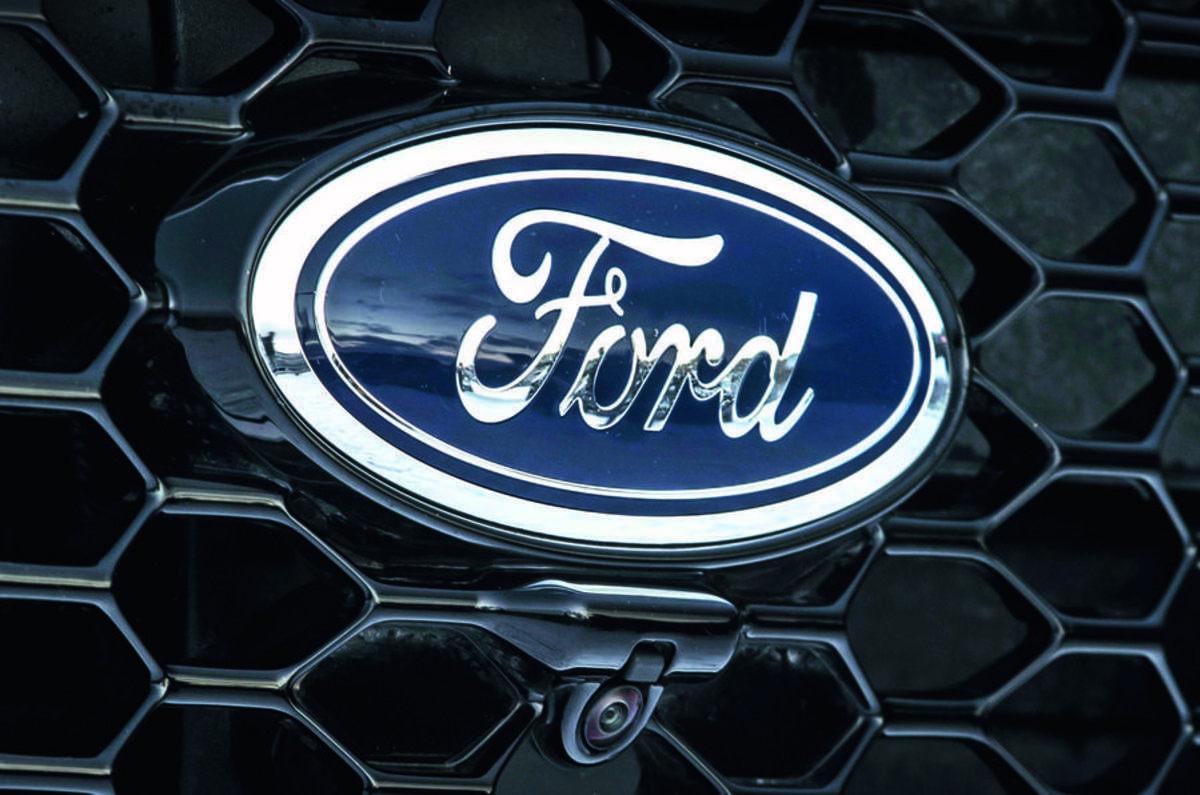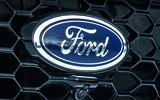Manufacturers must collaborate on EV development to achieve large-scale introduction, according to Graham Hoare, Ford of Britain chairman.
Speaking to SMMT boss Mike Hawes, Hoare explained that joint venture projects - such as Ford and Volkswagen’s shared EV and autonomous technology development scheme - are crucial to introducing new technology to the marketplace quickly and at large-scale in the coming years.
He said: “We’re trying to do in 10 years what the industry has done in 100 years, so the quantum of investment is phenomenal. Ford will spend about $11.5bn dollars over a three-and-a-half-year period to introduce electrification technologies to the whole cross-section of our fleet, and really, we need to partner - and I think many other companies are in the same place.”
“We need to partner to introduce that technology at scale fast enough, and to do it across the portfolio of our products. It’s no good us having a single solution - a single vehicle type - that’s electrified, we need to find solutions across the whole portfolio of our vehicles if we’re going to have an impact on the majority of lives.
“Through collaboration, we can do that.”
Ford is gearing up to launch its first mass-market EV, the Mustang Mach E, in various markets by the end of the year, and has previewed an all-electric version of the Transit van set to be revealed in 2022. Alongside Volkswagen, the firm will develop a range of electric commercial vehicles, as well as autonomous technology through joint investment in Pittsburgh-based technology start-up Argo AI.
Ford will also use Volkswagen’s MEB platform for a European-market EV launching by 2023, with the two manufacturers estimating that 600,000 MEB-based Ford EVs could be sold.
Hoare continued: “We’re enjoying a great collaboration with our partners at VW at the moment, both on commercial vehicles and now with announcements on our car business and on autonomy, as well.
“It’s through relationships like that that we can see one plus one equalling three, and therefore we can provide greater product offerings in the marketplace earlier, we can get scale on those commodities that are, at the moment, a niche but will be high-volume, and together we will be stronger as two companies.
“And I see that happening in many walks of life across the industry, many areas where collaboration is successful, and it’s a strength of the UK, so we should capitalise on that opportunity as we embark on that zero-emission roadmap.”












Join the debate
Add your comment
Ford not listening
That's what you get if you sit back and watch others develop and sell BEV's over the years. Did you think they wouldn't succeed.
LOL! Tesla has a lot to
LOL! Tesla has a lot to answer for. All the might of the legacy car makers to twart what that silly little startup did 16 years ago. Laughable. Bit like the editor of this magazine I wrote to 7 years ago to say what would happen